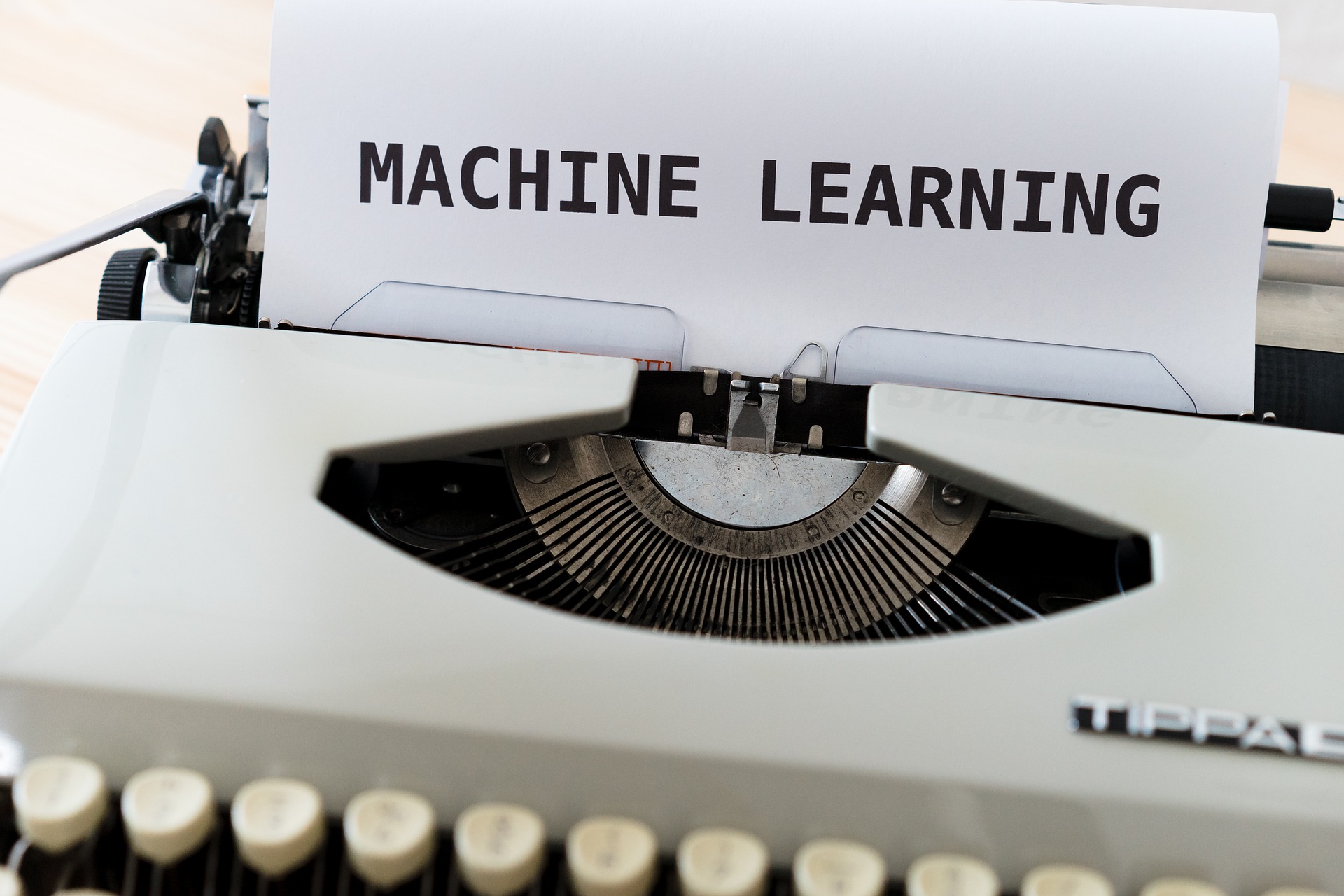E-commerce and machine learning has a very special connection between them, they possess a symbiotic relationship. The internet has given e-commerce a new high in popularity. Thanks to the global spread of mobile phones that helped everyone to roam around with having online stores in their pockets. The machine learning market was $8 billion in 2008 and is expected to rise to USD 117 billion by the end of 2027.
Ask people what is next in technology, and they will tell you it’s artificial intelligence. AI and specifically machine learning (a subset of AI) are impacting e-commerce profoundly. The e-commerce industry has a lot of applications of machine learning like document verification.
Let’s Understand what is Machine Learning?
ML is an application of the broader area of technology i.e. artificial intelligence. It includes creating algorithms that can learn from given information, without having to get processed by humans.
Simply, we can put together machine learning as a process through which a machine can learn. It may sound simple, but things are a bit more tricky in practice. Pattern recognition helps algorithms to learn. The more the data, the more machine learning algorithms will be trained. Machine learning algorithm does the analysis of information and then searches out the trends included within. Ultimately, the algorithm becomes intelligent enough to apply the learned information to new data sets.
Categories of Machine Learning
There are 3 categories of ML algorithms:
Supervised
This class of ML is applied to new data from what is learned in the past. They can forecast future incidents and thus help in comparing their results with the intended outcomes. This aids the algorithms to improve by practice.
Unsupervised
This set of algorithms analyzes the unclassified and unlabelled information. This does not include any certain incidents upon which it can predict results. Therefore, they conclude inferences and ID hidden structures composed in data.
Reinforced
This type of algorithm collaborates with the environment to test results. The program discovers the right behavior through trial and error. They then accordingly shape their future feedback.
The concept of machine learning is older than you might think. The idea is deployed in technology soon after the scientists discover how the neurons in the human brain function.
The new machine learning trends can help analyze more complicated data or information. It then ultimately adds to making sophisticated and accurate predictions.
3 best machine learning strategies for E-commerce Sector
E-commerce is an industry that requires machine learning like anything. A small website can develop millions of data points that a single individual or even a team of humans cannot understand fully let alone their use.
Search Result Optimization
Based on their search queries, machine learning can help customers to find exactly what they want and desire. In the current scenario, users are searching for products by employing keywords. So the merchants of the website must make sure they have incorporated all the right keywords in their sites that customers are searching for.
Machine learning can help enterprises with this by providing a wider range of synonyms. Efficient ML looks for synonyms or similar phrases that can be used to search out a specific product. This ability of machine learning comes from its capability to read a site’s metrics. This gives an edge to machine learning to prefer click rates and conversions while keeping the high-rated products on the top of the page. ML can also forecast accurately what users want and then adapt to provide suggestions to what would fit better to cater to their needs.
Machine learning works well when it, along with using keywords, also reads the customer profile to understand their interests. By comprehending what the user wants, ML can better help them find things of their choice. Rather than listing all the products that are matched with keywords, sneaking into customer profiles helps machine learning to specifically list down products that would better suit customer needs.
Chatbots
In a competitive business environment, users do not only expect good products but also possess very high hopes in terms of customer support and after-sales services.
A majority of users dread calling those helpline numbers, listening to those endless menu lists, and waiting forever to talk to an actual person to ask for their query. Nobody waits for the delayed and standard email replies in the name of customer support either.
It can sometimes be very challenging to stay on top of the user service requests. Managing customer support can be helpful for both the consumers and retailers.
Machine learning helps merchants to have sophisticated customer support at their end, for instance, chatbots. Chatbots detect and resolve the problems of customers by conversing with them naturally. ML can also aid businesses in giving personalized customer support to their consumers.
Supply and Demand
E-commerce, like many other businesses, is all about supply and demand. Like any other digital business, e-commerce merchants must make sure that they have products in-store in the right amount to satisfy customers’ needs.
Taking care of the product requirements of users keeps the vendors ahead of the competition in providing services. Machine learning helps businesses in making the right predictions in real-time.
Managing a supply chain is important to succeed in the e-commerce sector. Users’ demands can be met with expenses such as logistics. Machine learning can improve in forecasting demand and help in crunching all the linked numbers conveniently. Using ML algorithms results in creating productive predictions that ultimately help in listing supply chains that have huge chances to pay off.
Final Words
Machine learning, a subset of AI, is employed by businesses on a large scale for KYC authentication. They are using it to predict their customer behaviors which in turn would help them to scale their businesses. The e-commerce industry is one such industry that is gaining full advantages of ML. E-commerce retailers can not only enhance their customer experience but can also employ it to manage effective supply and demand chains.


